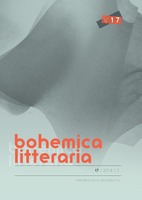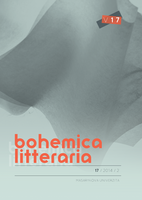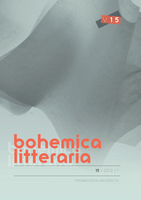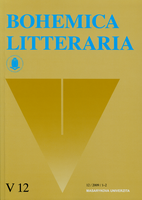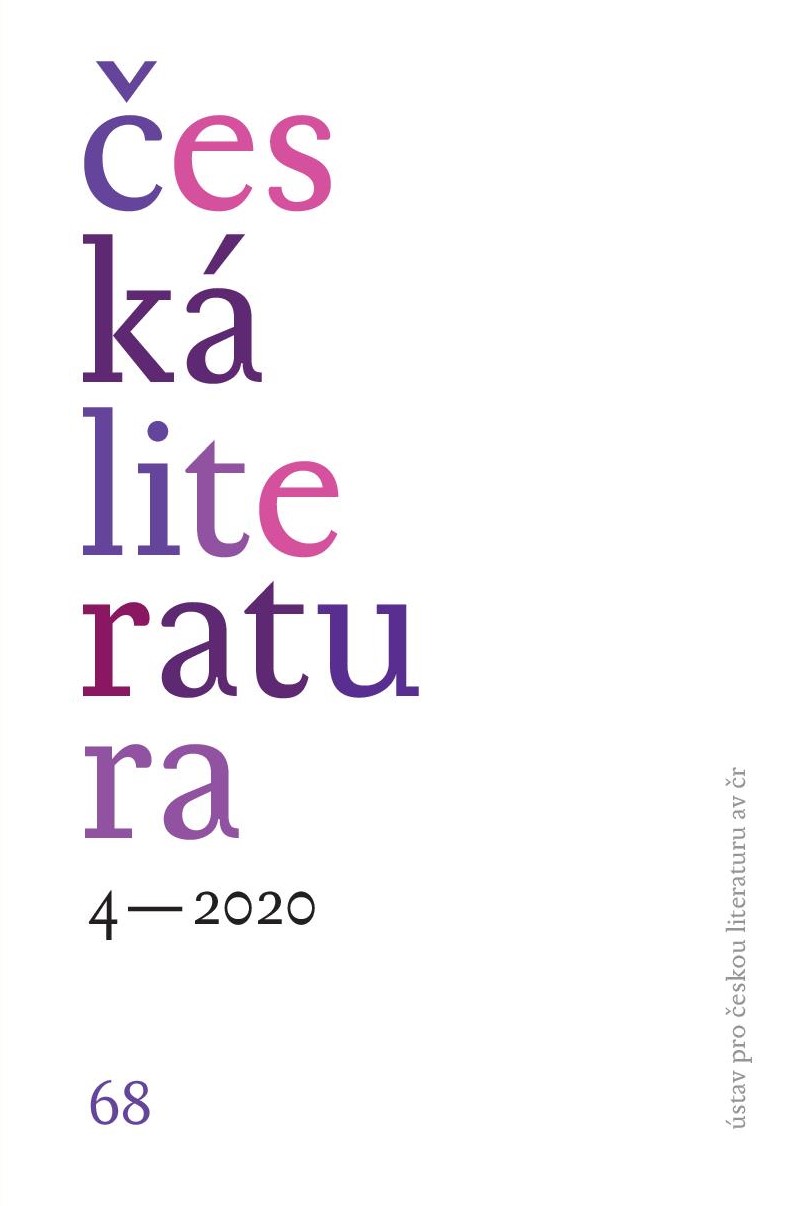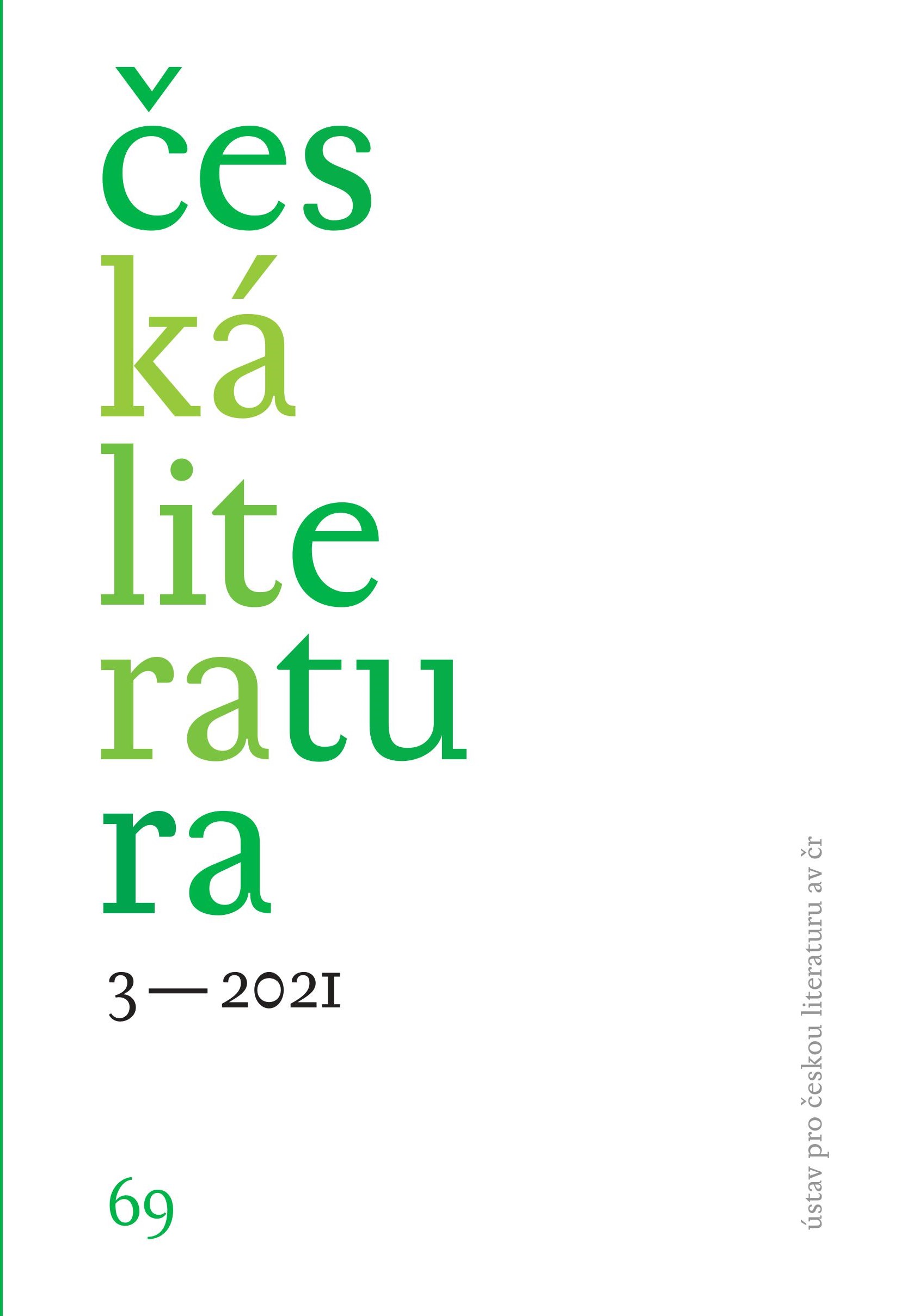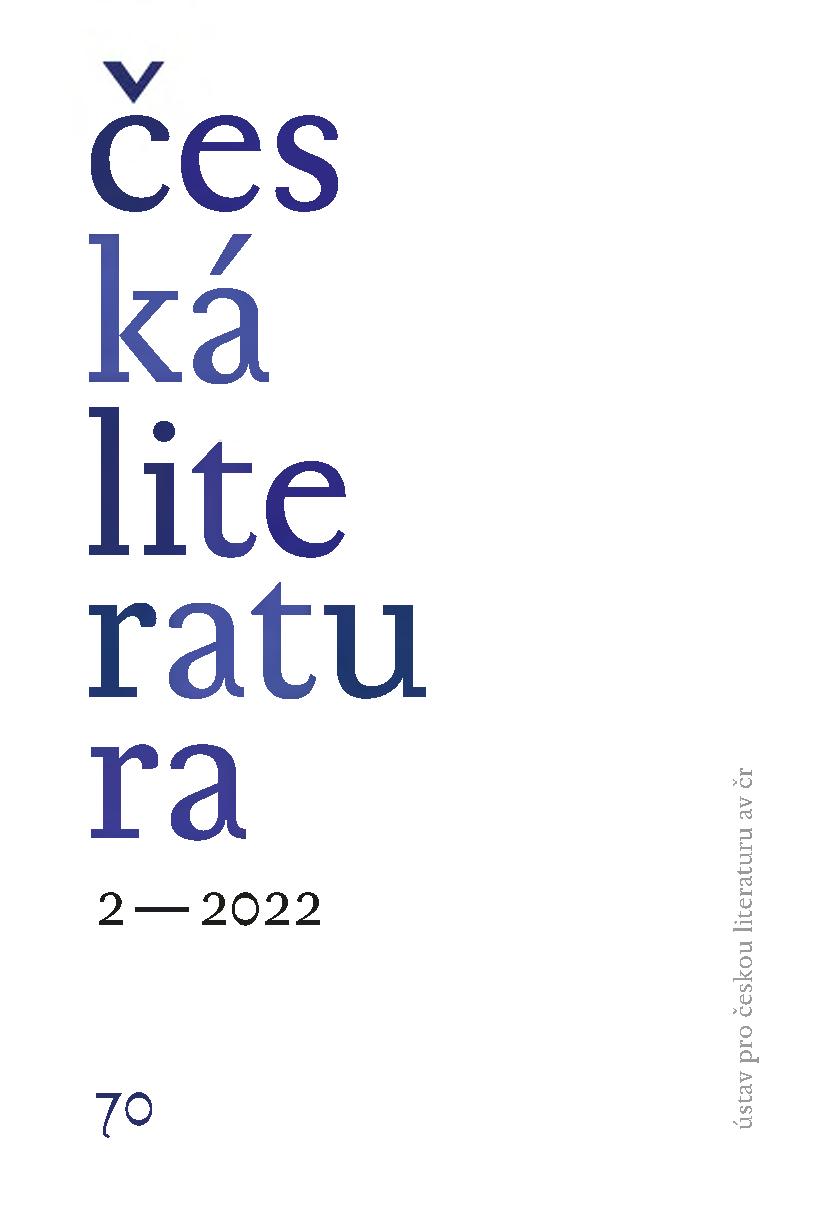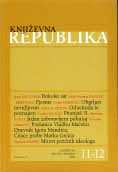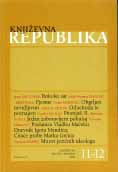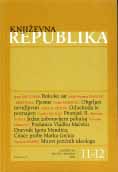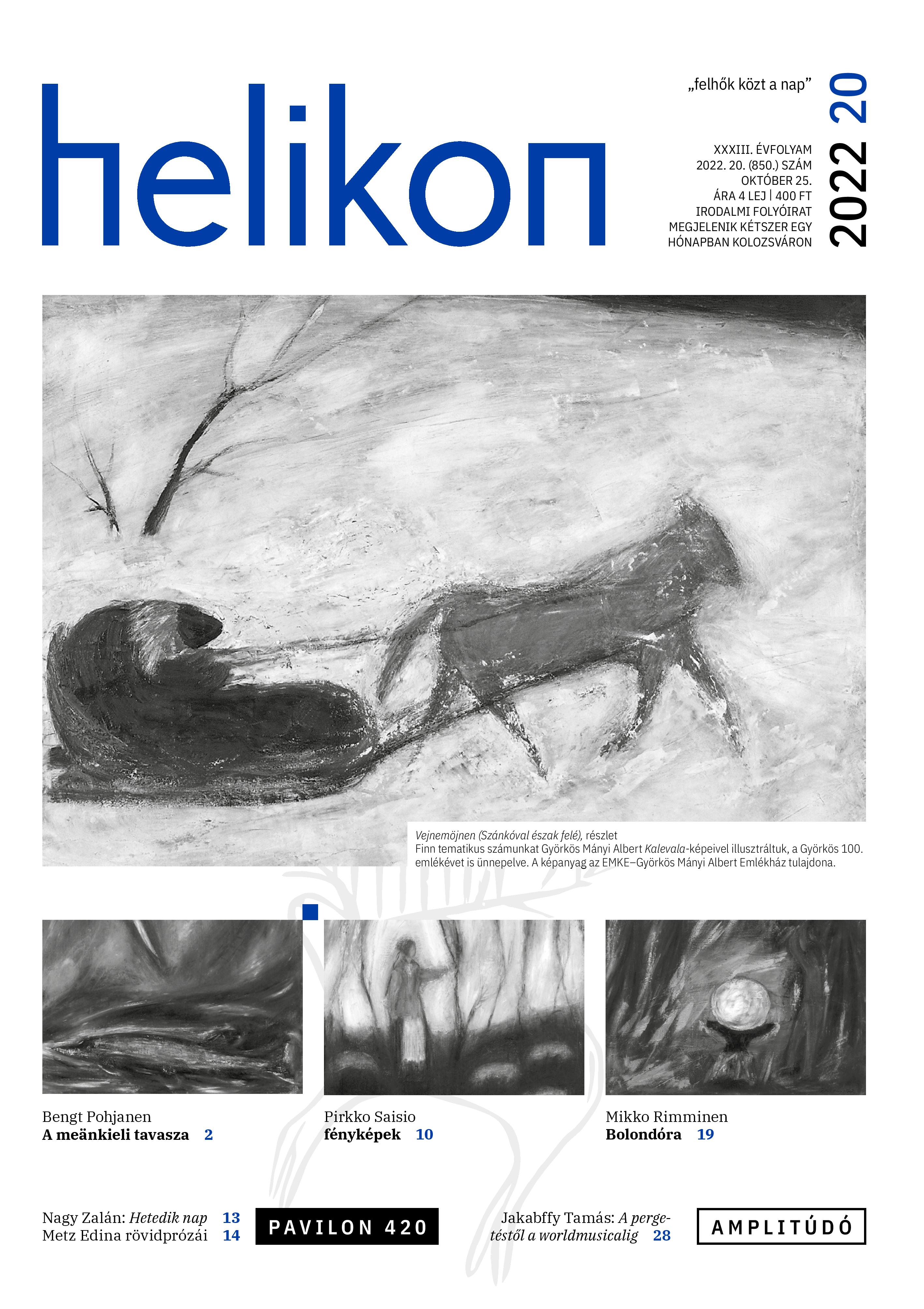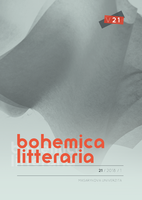
Nerudova povídka Franc: romantizující kontexty realistické črty
The study deals with Franc, a short story written by Jan Neruda. The literary text was published in the journal Lumír (1861) and then as a part of the book Arabesky (1864). In the context of Czech literary history, it represents the realistic and autobiographical modes of writing. At the same time, though, the plot and the same key themes of this short story follow the romantic tradition of the first half of the 19th century which can be found in both Czech and German literature.
More...
